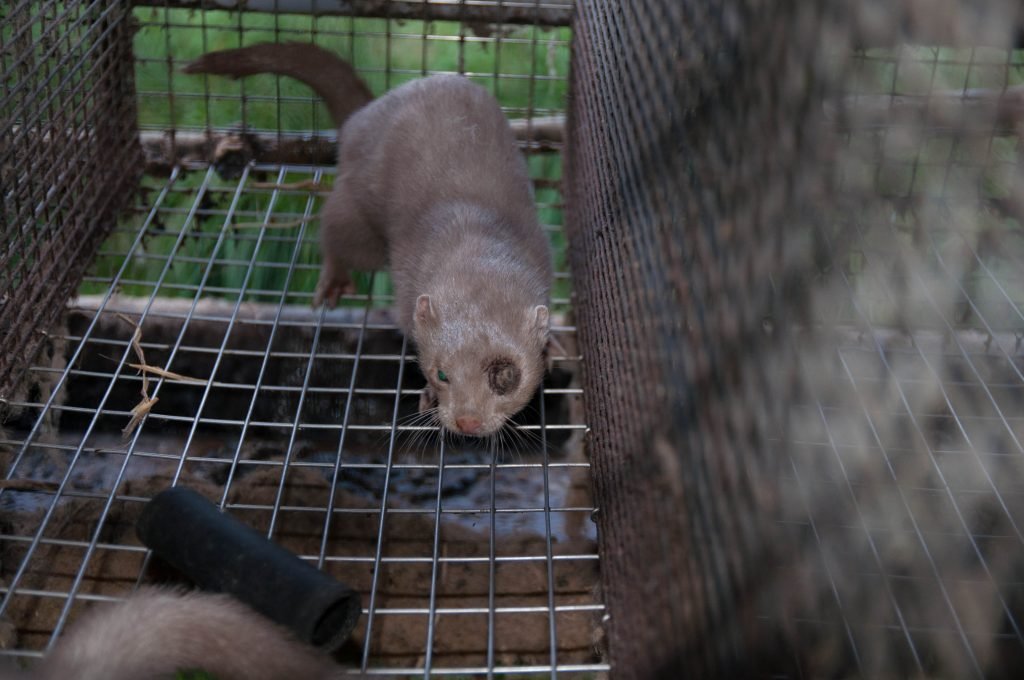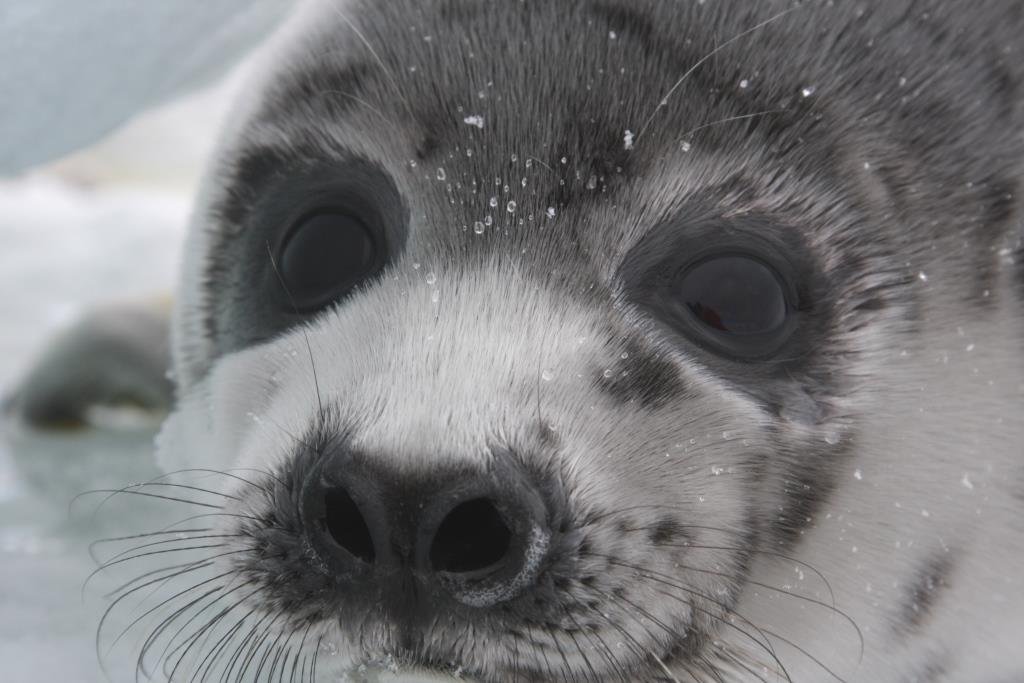WARSAW, 16 May 2024 – Today, animal advocates from the international coalition Fur Free Alliance have gathered in Warsaw in support of a new Polish fur farming ban proposal due to be submitted soon.
Poland is currently the biggest fur producer in Europe. There have been several attempts to introduce a fur farming ban bill in the country. However, all of them failed due to strong lobby activity and lack of political will.
In June, a new bill to ban fur farming is to be submitted by the MP Małgorzata Tracz (Greens party). Today’s event in the Polish parliament, organised by our Polish member organisation Otwarte Klatki aims to highlight the urgent need for a fur farming ban by discussing examples of national bans in some of the twenty European countries that already prohibited the practice, as well as efforts to bring about a prohibition in Poland.
Małgorzata Tracz, from The Greens, confirmed that she plans to introduce a legislative proposal that calls on the government to end fur farming.
The Fur Free Alliance’s chair, Joh Vinding, handed over a letter to Małgorzata Tracz, appealing to the Polish parliament to abolish fur farming in Poland.
Vinding stated:
“The evidence of the brutal mistreatment of animals on Polish fur farms is overwhelming. It’s inexcusable for Poland to continue to allow this inhumane practice, as one of the last remaining European countries, from both the perspective of public health and the harm caused to animals. Now is the moment for decisive action.”
Marta Korzeniak from Otwarte Klatki stated:
“The vast majority of Poles consider fur farming to be cruel and support the fur farming ban. Our society is compassionate and empathetic towards animals, we want to be a European leader in bettering animal welfare. Unfortunately, for now we are far behind. We sincerely hope that a change is near and very soon we will join 20 European countries which don’t allow the cruel treatment of minks, foxes, raccoon dogs, chinchillas, and other fur animals”.
At the event, the Fur Free Alliance members Bont voor Dieren and Tušti narvai, represented respectively by Sandra Schoenmakers and Gabrielė Vaitkevičiūtė, highlighted how the transition away from fur farming has been handled in their countries (the Netherlands and Lithuania), both former major fur farming centres, and what Poland could learn from these cases.
Joh Vinding from Danish Anima shared the experiences from Denmark, the former largest mink fur producer in Europe and talked about the condition of the industry after the cull of all farmed minks in 2020, as a result of the COVID-19 outbreaks.
Finnish organization Oikeutta eläimille representative Kristo Muurimaa presented disturbing information about the avian influenza epidemic on fur farms in Finland, another big fur producer. He mentioned strong societal support for the fur farming ban, too.
Lastly, former CEO of the British Fur Trade Association Mike Moser spoke about his decade-long experience in the industry, explaining why he decided to quit the business, and now supports an end fur farming globally.




